Description
Pest control for the organic gardener!
Mix concentrate according to label to control all stages of insects and mites, from eggs and larvae to adults. Also controls fungal diseases like black spot, leaf spot, scab, and mildew. Neem oil, derived from the Neem seed, may be safely used on a wide range of plants and trees — including vegetables, herbs, roses and other flowers, fruit trees, and berry plants. Can also be used as a dormant spray for overwintering pests.
Questions & Answers
Copper spray
According to the research that I've done on my bee sites, Neem Oil will not hurt bees. In order to hurt an insect, the insect needs to ingest the plant. So it effectively kills the bad bugs, and doesn't hurt the pollinators. I spray after sundown when the bees are back in their hive for extra assurance.
Neem Oil's label says it controls eggs, larvae, and adult insects, including: aphids, spider mites, scale, whiteflies, beetles, leafrollers, and other insect pests. While Neem Oil may work, there are more specific caterpillar controls, like Insecticidal Soap and BT.
Certain varieties of pear (Anjou included) display a sensitivity to neem oil, and spraying will cause the leaf edges to turn black (if not the entire leaf). It's almost like an allergic reaction.
Neem oil is an insecticide; this is a fungus problem. Does the plant get morning sun? If not, that is the cause. Lilacs need to "dry off" in the morning or they will develop gray mold on the bark. Prune the flowers off immediately after blooming and create an open center with proper pruning. Please make sure all dead leaves are removed from underneath the shrub; they harbor mold and moisture and reduce air circulation. Lilacs need airflow more than most any other flowering shrub.
The label will likely advise you not to spray while anything is in bloom. Since Neem Oil is a pesticide, and bees and other beneficials may visit the Cleveland ornamental pear tree while it's blooming, it's better to spray before bloom and/or after bloom – not during. It won't know the difference between a "good bug" and a "bad bug".
I've been using the Bonide Neem Oil for a while now and haven't seen any decline in the number of bees around my trees. In fact, there are a lot of bees right now and I just used the product a couple days ago.
Neem oil breaks down in sunlight, so I wouldn't use it for that purpose. As for combining it, I'm not knowledgeable enough to answer that. I have used it as a soil drench, & the systemic effects last apprx 2 weeks.
Perhaps you could find info on a Google search of scholarly articles.
I hope this helps.
In the area where I grow my trees and because there are also roses growing in the same area near the trees we have a severe problem with aphids crippling the leaves and severely weakening the trees in the early spring. Since using Neem oil there have been almost no predatorial insects devowering or crippling my trees.
Ron- Reno, NV.
I spray during the blooming season and was fine .
Customer Reviews
I have been using this for maybe 3 years. Spray after rain especially.

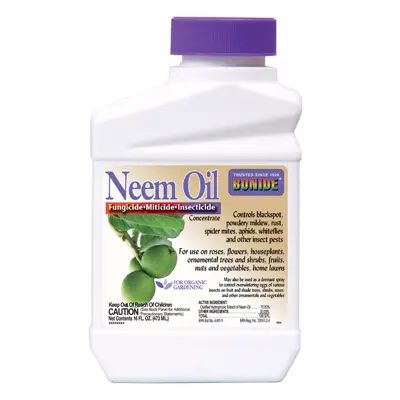
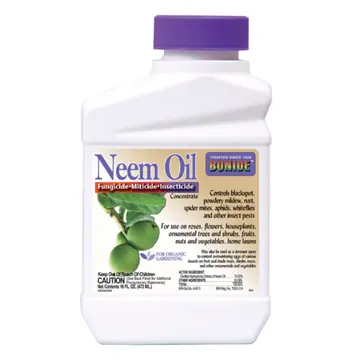
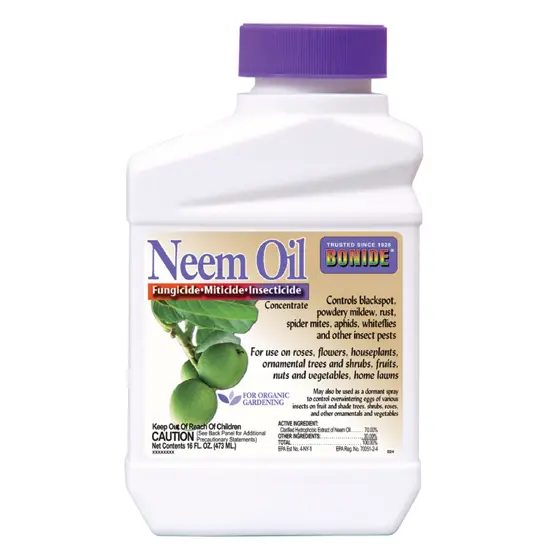
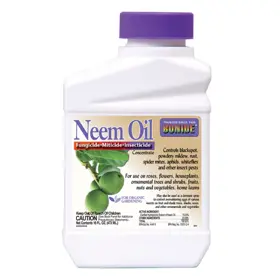
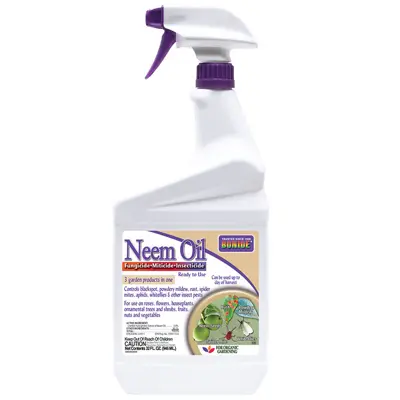
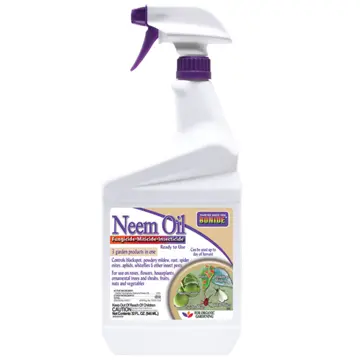
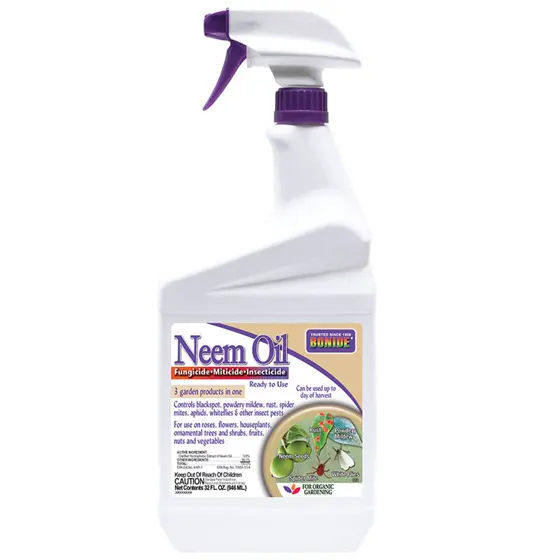
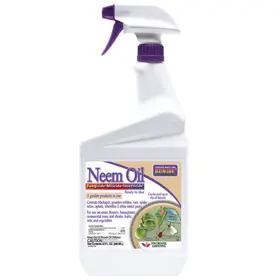
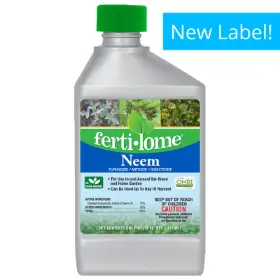
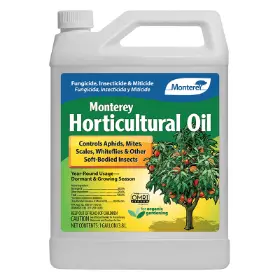
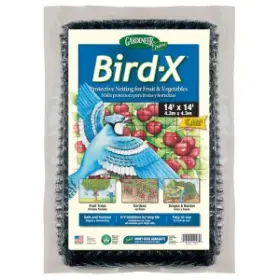
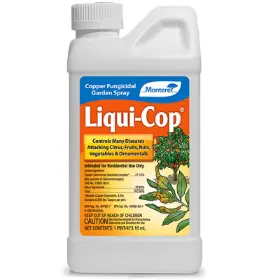
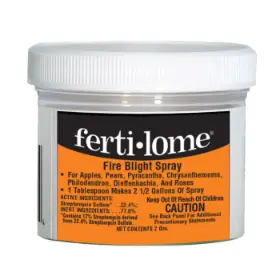
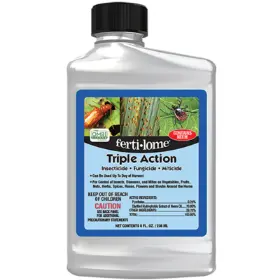
Long considered organic general-purpose fungicide/insecticide
organic
I need to treat my Apple tree and wants to use the least chemical possible.
It works great on insects, Japanese beetles too if sprayed often, and black spot.